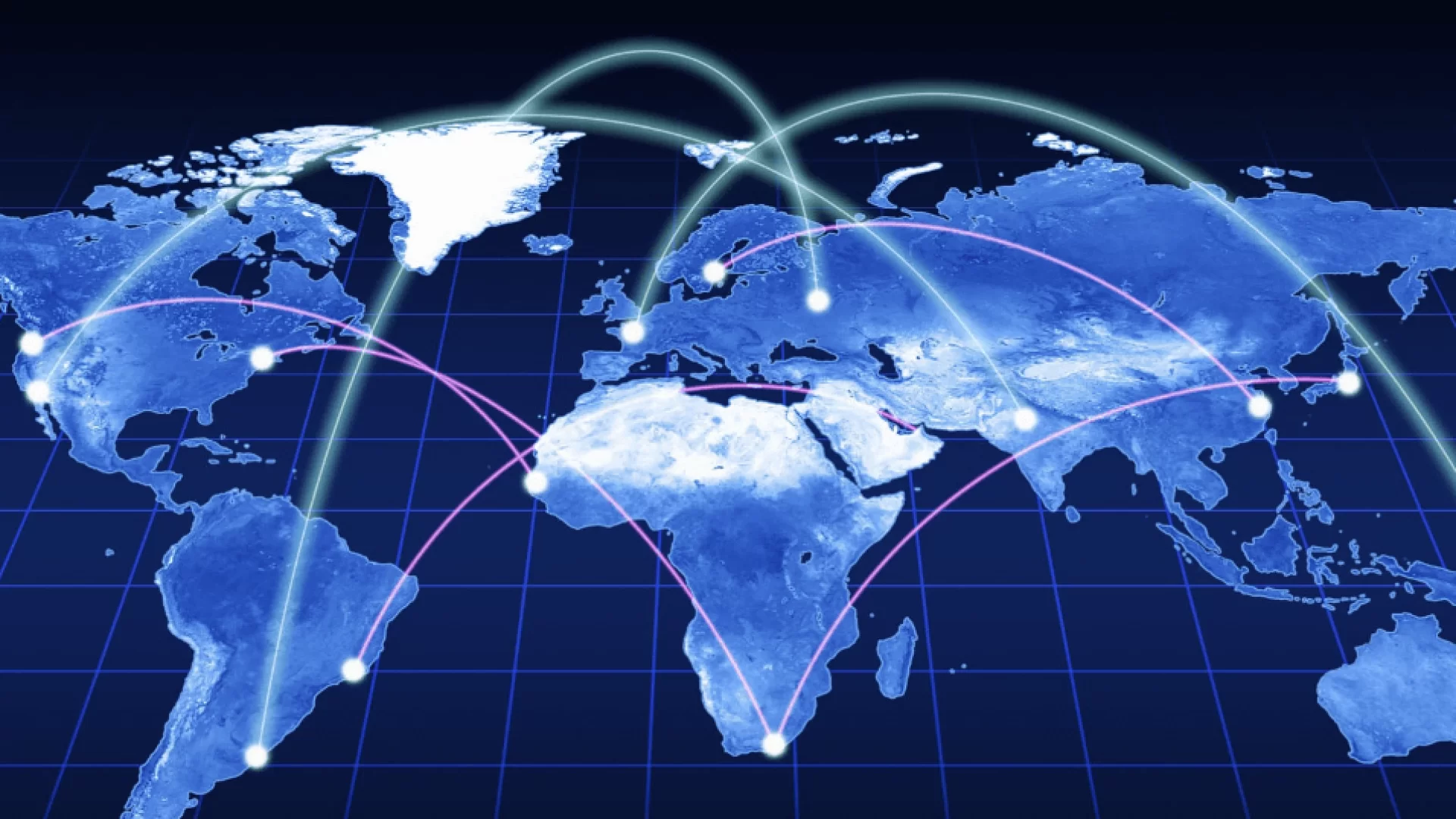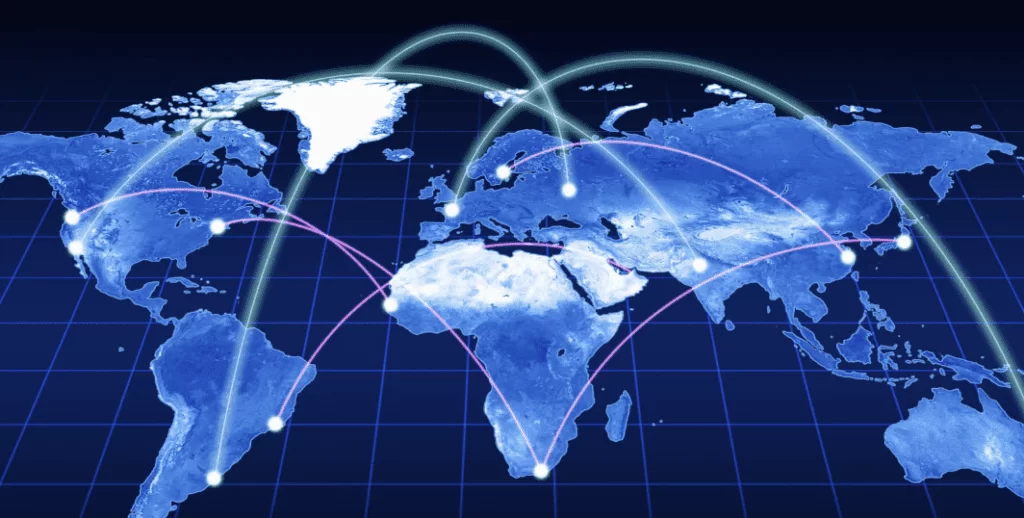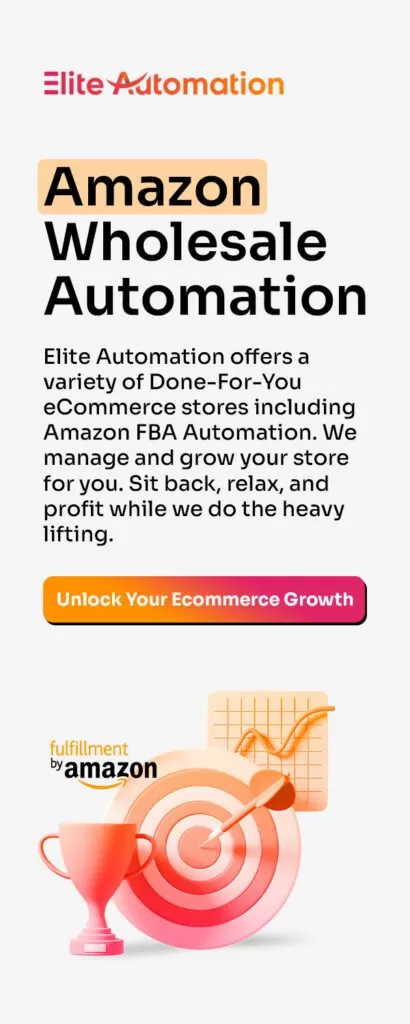The world of eCommerce, specifically when venturing into Amazon FBA, is an exciting sphere that offers limitless opportunities. However, one can’t overlook the potential complexities that arise when dealing with international trade. Among these complexities are tariffs & customs, subjects of paramount importance that require comprehensive understanding.
A tariff, simply put, is a tax imposed on goods during international trade. When you as an eCommerce seller import goods, your products become subject to these taxes, which directly influences your cost of goods sold (COGS). For an Amazon FBA seller, these additional costs can make a significant difference to calculations and eventual profit margins.
Customs, on the other hand, are the checkpoints at borders where goods are inspected. The aim is to enforce the tariff, control the quality of goods entering the country, and ensure no prohibited products are crossing borders. As an eCommerce retailer, knowing & understanding the customs regulations of the countries you deal with is essential.
If a product is deemed to be violating these regulations, it can be held at customs, leading to not just financial losses, but also potential damage to the company’s reputation. As an Amazon FBA business, you are responsible for your imported goods, so ensuring your products abide by all regulations is detrimental to your success.
The world works on a Harmonized System (HS) Code, which provides an international nomenclature for goods. This system assists in the classification of products, which in turn determines the tariffs you’d be required to pay. As an Amazon FBA seller, understanding HS Codes and how they impact your products can be very beneficial.
Additionally, while getting started, it’s recommended to partner with a customs broker. This is a professional who understands the nuances of customs regulations and can guide you through the process. A customs broker can also help you identify potential challenges and solutions related to your specific products or markets.
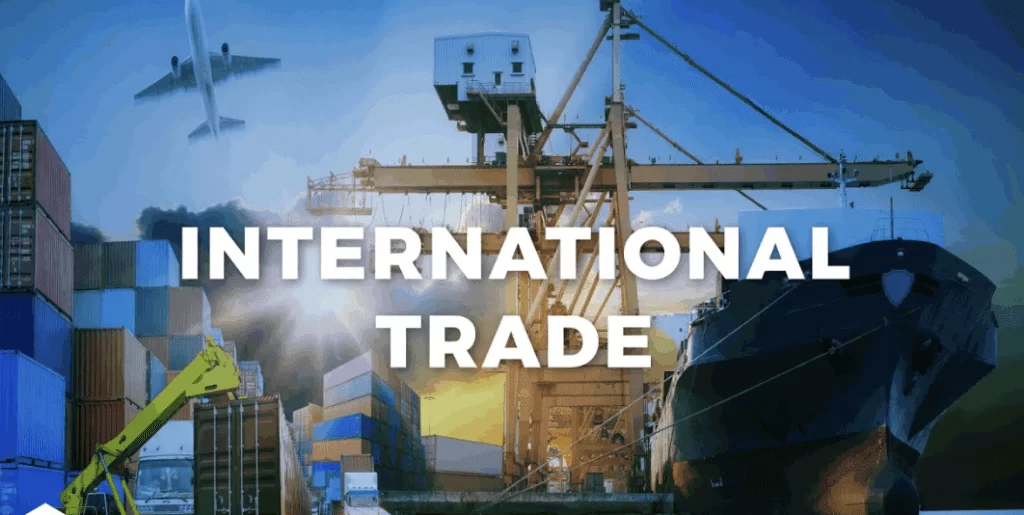
Global expansion of an eCommerce business invariably brings encounters with different and contrasting tariff systems. These tariffs & customs procedures have profound effects on your pricing strategy. The costs accrued during the import process can greatly affect the selling price of your products on Amazon FBA.
Therefore, selling on a global scale and specifically through Amazon FBA means having a clear and working knowledge of respective country tariffs and their customs procedures. Without this, planning your business risks facing financial losses, product detention and even legal complications.
While your selected products may seem appealing due to a lower purchase price, the tariff costs could nullify any acquired benefit. Tariffs have the ability to significantly impact your product’s profitability in the Amazon marketplace. Therefore, a keen consideration of the tariff costs is vital early in the product selection phase.
To navigate through the complexities of tariffs & customs, it’s beneficial to employ cost effective strategies. One valuable method is simply diversifying the countries from which you import. This strategy can help avoid high tariff costs, incase certain regions have steep tariffs for your product type.
Given that the key to success in eCommerce, particularly within Amazon FBA, lies in continuous learning, exploring tariffs, and understanding customs procedures should be treated as a priority. This knowledge contributes significantly to the operational planning and decision-making process of an online seller.
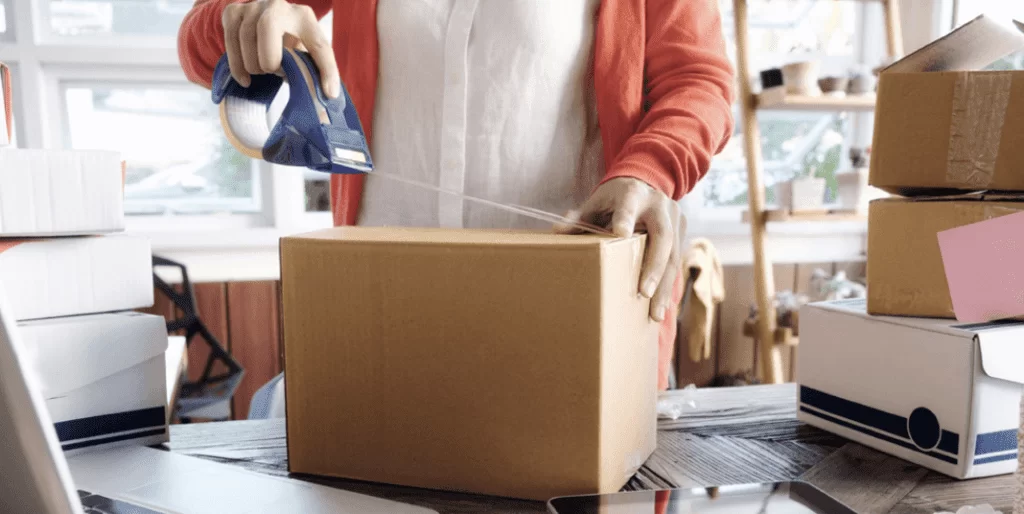
The global trade landscape is dynamic and ever-changing. In such a scenario, staying updated with the latest changes in tariffs and customs procedures could keep your eCommerce business ahead of the curve, able to adapt in real time, and ultimately remain profitable in your Amazon FBA venture.
Dedicating time to understanding each intricacy can seem challenging amidst the other demands of running an eCommerce business. But consider the tariff and customs aspect as a kind of insurance – an investment that protects your Amazon FBA business from trade disruptions and unnecessary costs.
This area of business isn’t redundant but instead an ongoing process of learning and staying updated. The ability to correctly estimate tariffs and smoothly navigate customs is a proficiency that continually contributes to the success of an eCommerce business on platforms like Amazon FBA.
In conclusion, for an eCommerce seller, especially an Amazon FBA merchant, tariffs and customs are not just about understanding legislation and rules, they’re about optimizing business processes. A solid understanding of these aspects will greatly impact the growth and success of your eCommerce business practices.
